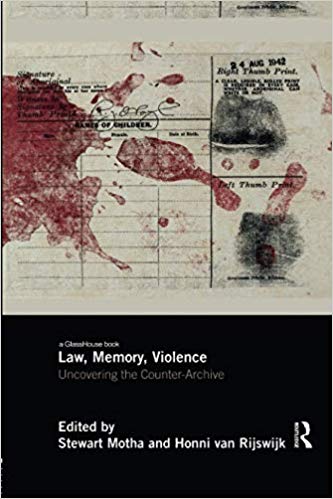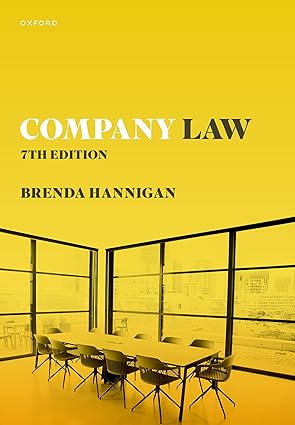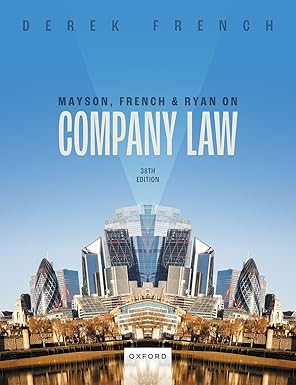The demand for recognition, responsibility, and reparations is regularly invoked in the wake of colonialism, genocide, and mass violence: there can be no victims without recognition, no perpetrators without responsibility, and no justice without reparations. Or so it seems from law’s limited repertoire for assembling the archive after ‘the disaster’. Archival and memorial practices are central to contexts where transitional justice, addressing historical wrongs, or reparations are at stake. The archive serves as a repository or ‘storehouse’ of what needs to be gathered and recognised so that it can be left behind in order to inaugurate the future. The archive manifests law’s authority and its troubled conscience. It is an indispensable part of the liberal legal response to biopolitical violence.
This collection challenges established approaches to transitional justice by opening up new dialogues about the problem of assembling law’s archive. The volume presents research drawn from multiple jurisdictions that address the following questions. What resists being archived? What spaces and practices of memory - conscious and unconscious - undo legal and sovereign alibis and confessions? And what narrative forms expose the limits of responsibility, recognition, and reparations? By treating the law as an ‘archive’, this book traces the failure of universalised categories such as 'perpetrator', 'victim', 'responsibility', and 'innocence,' posited by the liberal legal state. It thereby uncovers law’s counter-archive as a challenge to established forms of representing and responding to violence.
چکیده فارسی
تقاضا برای به رسمیت شناختن، مسئولیت و غرامت در پی استعمار، نسل کشی، و خشونت توده ای به طور مرتب مورد استناد قرار می گیرد: هیچ قربانی بدون به رسمیت شناختن، هیچ عاملی بدون مسئولیت، و هیچ عدالتی بدون غرامت نمی تواند وجود داشته باشد. یا به نظر می رسد از مجموعه محدود قانون برای جمع آوری آرشیو پس از "فاجعه". شیوههای بایگانی و یادبود در زمینههایی که عدالت انتقالی، پرداختن به اشتباهات تاریخی یا غرامت در خطر است، مرکزی هستند. آرشیو به عنوان یک مخزن یا "انبار" از آنچه باید جمع آوری و شناسایی شود عمل می کند تا بتوان آن را برای افتتاح آینده رها کرد. آرشیو اقتدار قانون و وجدان آشفته آن را نشان می دهد. این بخشی ضروری از پاسخ حقوقی لیبرال به خشونت زیست سیاسی است.
این مجموعه با گشودن گفتگوهای جدید در مورد مشکل گردآوری آرشیو قانون، رویکردهای تثبیت شده برای عدالت انتقالی را به چالش می کشد. این جلد تحقیقاتی را ارائه میکند که از حوزههای قضایی متعددی به پرسشهای زیر میپردازد. چه چیزی در برابر آرشیو شدن مقاومت می کند؟ کدام فضاها و عملکردهای حافظه - خودآگاه و ناخودآگاه - حقایق و اعترافات قانونی و حاکمیتی را خنثی می کند؟ و چه اشکال روایی حدود مسئولیت، شناخت و جبران خسارت را آشکار می کند؟ این کتاب با تلقی قانون بهعنوان یک «آرشیو»، شکست مقولههای جهانیسازیشدهای مانند «مجرم»، «قربانی»، «مسئولیت» و «بی گناه» را که توسط دولت حقوقی لیبرال مطرح شده است، ردیابی میکند. بنابراین، ضد آرشیو قانون را به عنوان چالشی برای اشکال تثبیت شده نمایندگی و پاسخ به خشونت آشکار می کند.
ادامه ...
بستن ...
Ebook details:
عنوان: Law, Memory, Violence
نویسنده: Stewart Motha, Honni van Rijswijk
ناشر: Routledge; 1 edition (October 14, 2017)
زبان: English
شابک: 1138570435, 978-1138570436
حجم: 3 Mb
فرمت: Converted Pdf
ادامه ...
بستن ...










